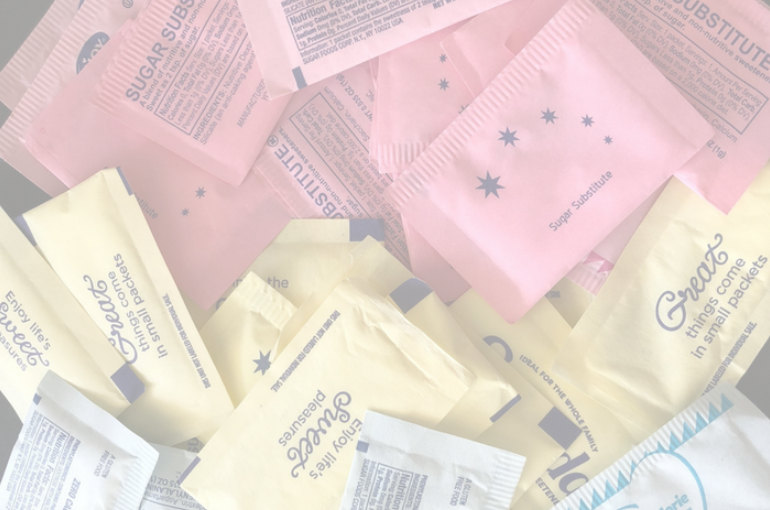How Sweet: The News Behind Sweeteners

Early in the morning, it's easy to add one too many spoons of sugar into your coffee. But what is sugar doing to your body? Is there a better way to sweeten your morning coffee while still satisfying your sweet tooth? It's time to talk about the different types of sugars and sweeteners and how they affect your body.
When it comes to sweeteners, moderation is key.
Agave nectar - Relatively new to the market, it was once seen as a healthy alternative to sugar, but now it's seen to be worse than high fructose corn syrup. It consists of 70 to 90% fructose, which goes straight into the liver and increases your risk of heart disease.
Artificial sugar - Artificial sugars are found in many brands; some examples include Sweet and Low and Splenda. While they claim to help you lose weight, studies have shown they may actually cause weight gain.
Sugar - Regular sugar contains 50% glucose, which spikes your blood sugar, and 50% fructose, which goes straight to your liver. Everyone loves to add sugar to their coffee, so the solution? Try experimenting with different brands and roasts of coffee until you find one that you can drink black, without having to add sugar.
High fructose corn syrup - High fructose corn syrup (HFCS) has found its way to sneak into food products across the market. As we already know, fructose goes straight to your liver, but HFCS also makes people resistant to leptin, a hormone which restrains appetite. So next time you shop, be aware and see if HFCS is listed on the food label as an ingredient.
Stevia - Extracted from the stevia plant, it can come in many forms. It has zero calories, zero sugar and is also considered zero on the glycemic index. It's sweeter than sugar, so start off small. A little goes a long way.
Honey- Not only a great treat, local honey is also said to help alleviate allergy symptoms. Honey also contains many rich enzymes and a wide variety of minerals such as iron. Because it still contains fructose, it's important that it's used in moderation.
Maple syrup- If you use maple syrup make sure the label says 100 percent real and that it contains no HFCS. Used in moderation, it's great because it's low in calories, packed with vitamins and minerals, and can help boost antioxidants. A recommended serving of sugar is about one tablespoon.
Content Expert: Anna Polucha, MS, RD, LDN, Clinical Dietitian, UMass Memorial Weight Center

